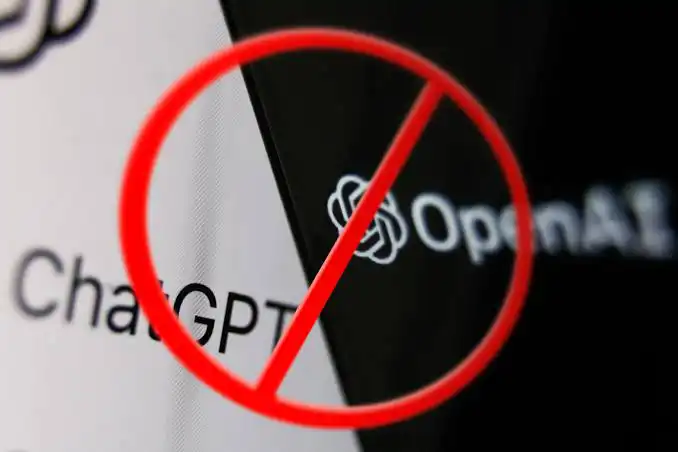Despite being a powerful AI chatbot, chatGPT is still not a good option for many. From security breaches to privacy concerns to the undisclosed data it was trained on, there are plenty of concerns about the AI-powered chatbot, however, the technology is already being incorporated into apps and used by millions of users, from students to company employees.
ChatGPT is a large language model designed to produce natural human language. It is designed to have a conversation with someone, you can talk to ChatGPT, and it will remember things you have said in the past and can correct itself when challenged. It was trained from all sorts of text from the internet, think Wikipedia, blog posts, books, and academic articles.
However, a few months after its release, problems emerged from using chatGPT.
1. Security Threat
One of the security breaches noticed on chatGPT was that people saw conversation headings in the sidebar that didn’t belong to them, thereby making people’s conversations unsafe.
Reuters reported that ChatGPT had 100 million monthly active users in January 2023 alone.
Also, the watchdog organization suspected that European privacy regulations were being breached.
2. ChatGPT Generates Wrong Answers
ChatGPT sometimes fails at generating the right answers you need. It fails at basic math, can’t seem to answer simple logic questions, and will even go as far as to argue completely incorrect facts.
People across social media have attested that ChatGPT can get it wrong on multiple occasions.
While it’s great at explaining complex concepts, making it a powerful tool for learning, it’s important not to believe everything it says. ChatGPT isn’t always correct—at least, not yet.
3. Gives wrong information
ChatGPT has been said to spread fake information. Already, the rate at which ChatGPT can produce information has caused problems for Stack Exchange, a website dedicated to providing correct answers to everyday questions.
Soon after ChatGPT was released, users flooded the site with answers they asked ChatGPT to generate.
It would need enough human volunteers to sort through the backlog, if not, it would be impossible to maintain a high level of quality answers. Not to mention, many of the answers were simply not correct. To avoid the website being damaged, a ban was placed on all answers that were generated using ChatGPT.
4. Poses harm to Education
ChatGPT can write, proofread or help do academic work, and this has posed a challenge as many students now rely on chatGPT to do their writing for them. ChatGPT can help with any task involving brainstorming, summarizing, or drawing intelligent conclusions.
And this may make students lazy or keep them from putting effort into research and reading because chatGPT can do all the work for them.
The Stanford Daily reports that early surveys show a significant number of students have used AI to assist with assignments and exams. In response, some educators are re-writing courses to get ahead of students using AI to skim through classes or cheat on exams.
Read Here: 4 Ways Artificial Intelligence (AI) can transform your workday










